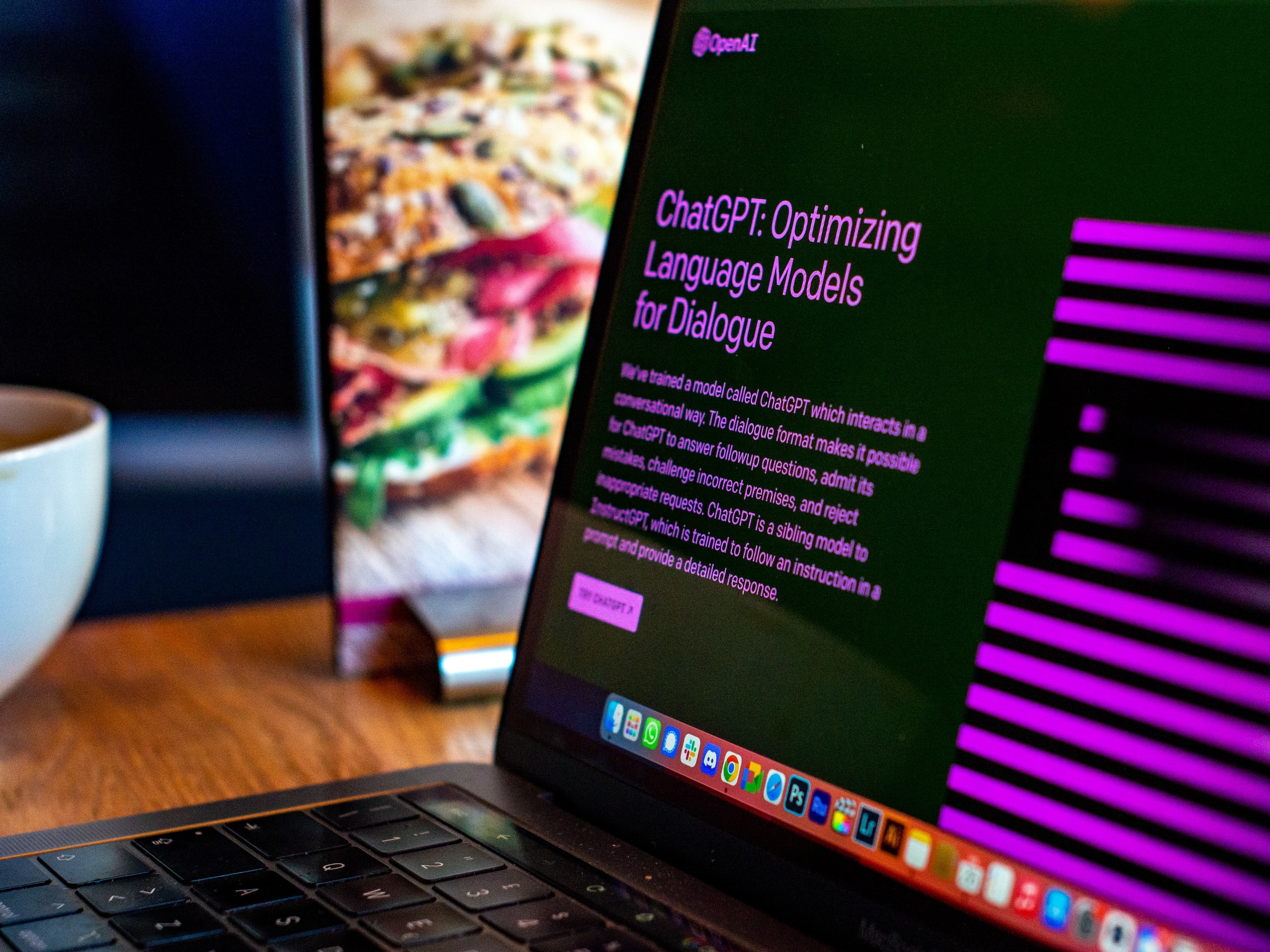Generative AI has already astonished us with its capabilities across industries, but the true impact of its integration in our daily business operations has just scratched the surface. To find out more, we commissioned Oxford Economics to assess and forecast the economic impact of Generative AI technology on the United States over the next ten years.
While focused on the U.S. workforce, the general themes that emerged from the findings can be applied globally. The research unveiled key insights, including:
· AI adoption will skyrocket over the next decade before settling into maturity: Businesses are in the experimental phase of adoption for AI capabilities. However, the findings reveal that adoption could leap from 13% to 31% in just four to eight years. After the 15-year mark, the findings predict that adoption may slow but will continue to grow for at least 15 more years.
· Economic advancement could soar: Generative AI technology could boost U.S. productivity by 1.7–3.5% and grow the U.S. GDP between $477 billion and $1 trillion in annual value over the next 10 years, based on business adoption rates.
· Simultaneously, the job market could be disrupted: Half of all jobs (52%) are predicted to significantly change as generative AI is integrated to automate job tasks. As a result, approximately 9% of the current U.S. workforce may be displaced, with 1% potentially struggling to find new employment based on historical economic shifts.
· Jobs with higher levels of knowledge work may be most affected: In the past, technology advances and automation have impacted mainly manual labor and process-centric knowledge work. Generative AI is poised to do the opposite, having a higher disruption on knowledge work. Additionally, jobs involving credit analysis, computer programming, web development, database administration, and graphic design already have a theoretical maximum exposure score of about 50%. By 2032, as technology advances, some jobs' exposure scores may climb to 80%.
· Even CEOs will feel an impact: The data found that C-Suite executives – even CEOs – could see a theoretical maximum exposure score (the degree to which a job's tasks are prone to being automated by generative AI) of more than 25%, as they begin using gen AI for everything from competitive assessments to strategic decision-making.
How can leaders navigate an upheaval of this scale and realize the technology’s full potential? By investing in people. Creating the best opportunities for people to grow alongside as AI advances will be fundamental.
Read the full report here and also visit our AI section of the web.
















